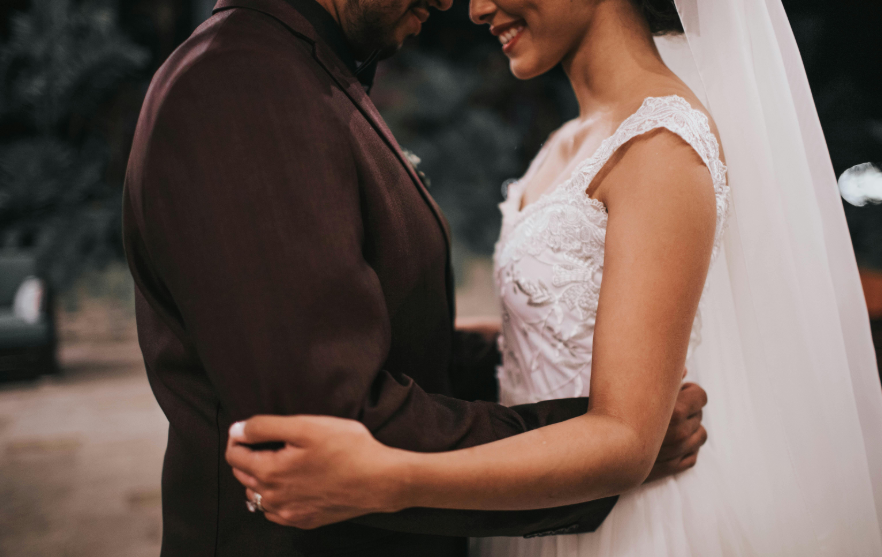News
Limpopo Man Loses Court Bid to Deny Customary Marriage After Lobola and Church Blessing

A modern love story, a traditional marriage, and a legal twist
It’s not every day that a South African courtroom becomes the final chapter of a love story that began with lobola and ended in divorce. But that’s exactly what played out in the Limpopo High Court this week, where a man tried to convince a judge that despite paying lobola, attending a church blessing, and exchanging wedding rings, he was never actually married.
Spoiler alert: the court didn’t buy it.
From romance to resistance
The relationship, which started back in December 2013, followed a traditional path familiar to many South Africans. In 2016, the man formally initiated lobola negotiations through a letter to his partner’s family. That’s where things got serious. Her family received the letter, and in line with custom, both families sat down. A lobola of R25,000 was agreed upon, and R10,000 was paid upfront, along with symbolic gifts, two blankets, two cloths, and a tobacco container.
That’s not just a gift basket. In many South African cultures, those items are essential parts of the marriage negotiation process, each carrying meaning, each step deliberate.
No party, no marriage?
The man, however, later challenged the legitimacy of the entire process. In court, he argued that since there was no official “celebration,” the marriage couldn’t be considered valid.
But his partner had receipts, figuratively and literally.
She testified that not only did both families agree to the marriage, but that soon after, they had a church ceremony where they exchanged rings and had a celebratory lunch at the groom’s home. Even a witness from the man’s side confirmed her version of events.
What the law actually says
Acting Judge MZ Makoti, who presided over the case, gave the man a crash course in both customary and legal marriage standards. Under South African law, for a customary marriage to be valid, three conditions must be met:
-
Both individuals must be over 18
-
Both must consent to the marriage
-
The marriage must be negotiated and entered into according to customary law
All boxes? Ticked.
Judge Makoti also noted that the man had sent representatives to negotiate, an agreement was reached, and lobola was paid. More crucially, the church ceremony, complete with wedding rings, underscored the couple’s intent.
“If it was merely an engagement, there would have been no reason for both parties to wear wedding bands,” the judge said in a firm but clear dismissal of the man’s claim.
Cultural context: Love, law, and lobola
In South Africa, lobola isn’t just a transaction, it’s a deeply respected tradition that binds families and communities together. Yet, as more couples blend traditional customs with modern expressions of love (like white weddings and legal documents), these overlaps can lead to confusion or, as in this case, legal disputes.
Social media users were quick to react, with some calling the case “embarrassing,” while others joked about the man “ghosting a whole wedding.” But beneath the humour lies a serious issue: the growing number of partners attempting to walk back traditional marriages when the relationship turns sour, particularly in legal disputes involving property or divorce.
The court’s final word
In the end, the court ruled the marriage valid. Ironically, this means the couple, who had returned to court to argue they weren’t married, can now proceed with their divorce.
Sometimes the law is stranger than fiction. And in this case, it’s also a reminder: if you send the letter, pay the lobola, take the bride, and exchange rings in church, you’re married. Whether you like it or not.
{Source: IOL}
Follow Joburg ETC on Facebook, Twitter , TikTok and Instagram
For more News in Johannesburg, visit joburgetc.com



























